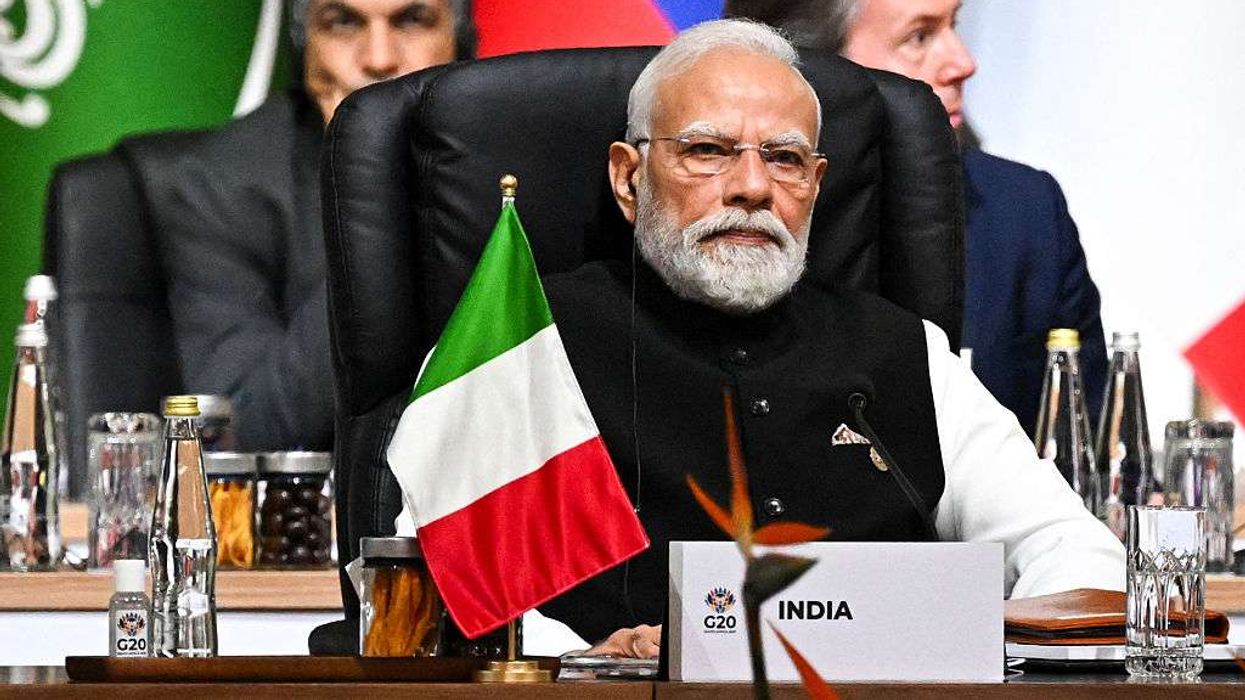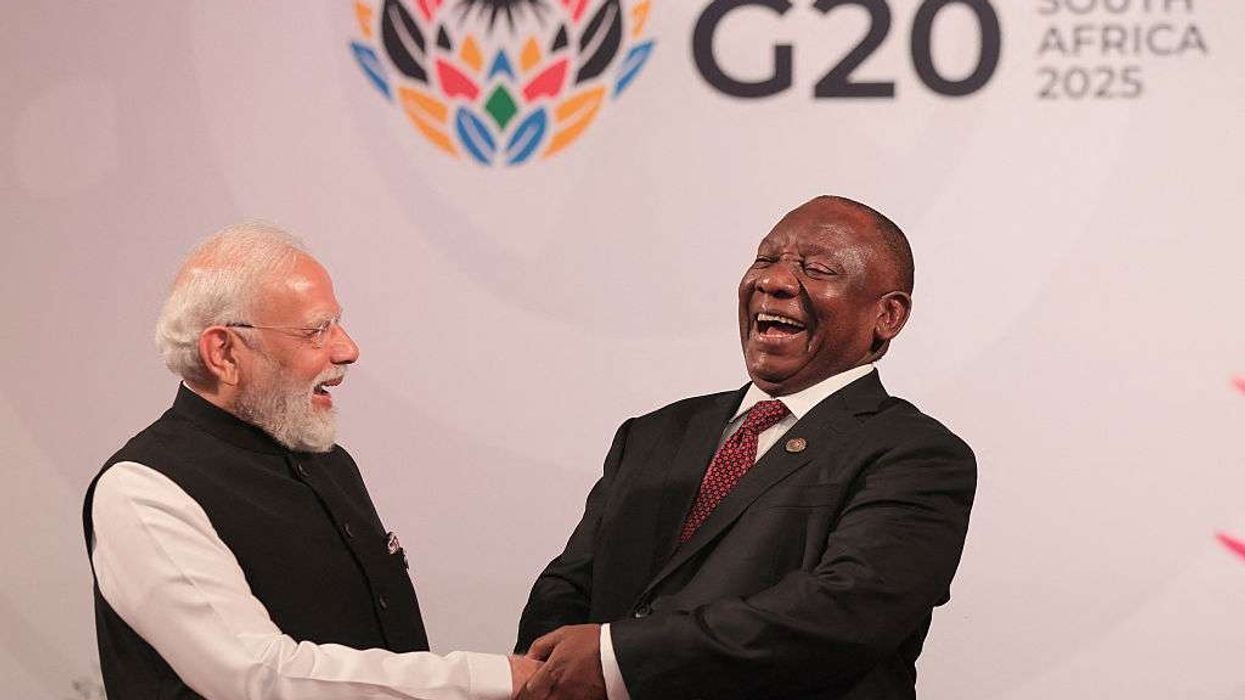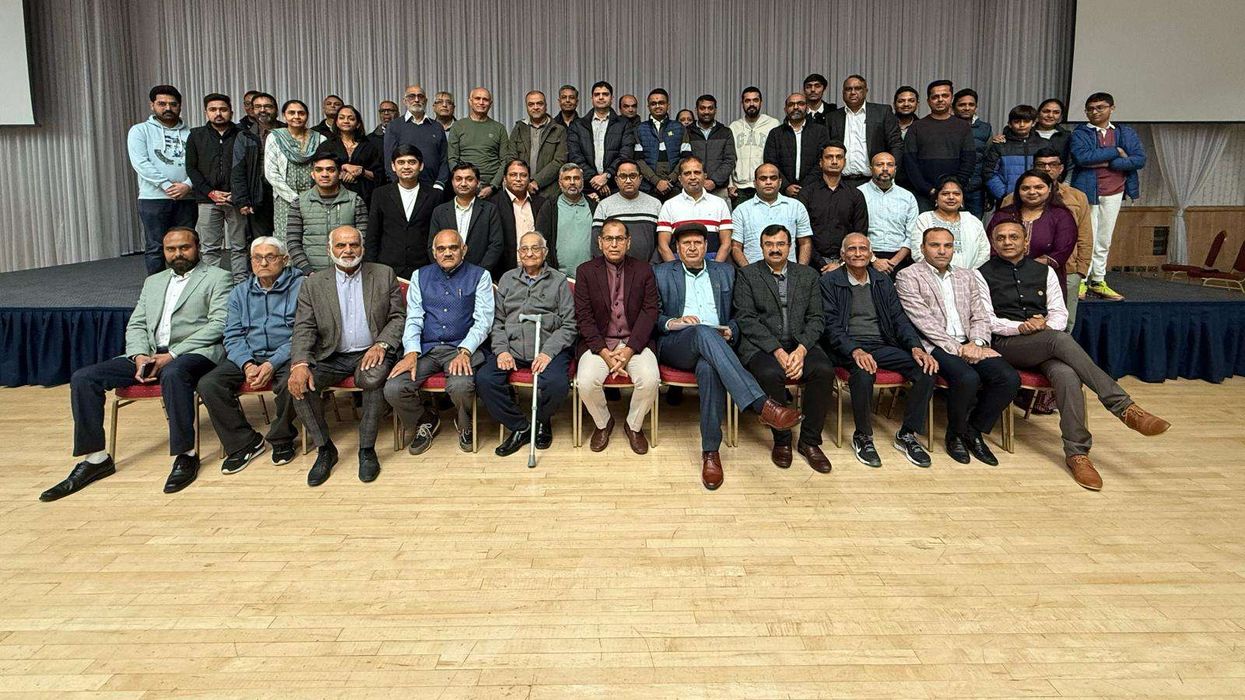South Indian superstar Rajinikanth said that political parties are spreading fear over the new Citizenship (Amendment) Act (CAA), and it is not a threat to Muslims in the country.
The actor on Wednesday (February 5) said that he would be the first to raise his voice if there was any threat to Muslims in India.
Rajinikanth makes his stance clear: CAA not a threat to Muslims, NPR essential
Speaking to the reporters at his Poes Garden residence in Chennai, Rajinikanth said he would be the first to raise his voice if there was any threat to Muslims in the country.
“There is no threat to Muslims. Political parties are spreading fear over CAA for their political gain, and religious heads are also siding with them,” the actor remarked.
Rajinikanth said that CAA does not affect Indian citizens. It is about providing citizenship to the residents of neighbouring countries.
“During Partition, (some) Muslims stayed back in India. They said they would live here whether it is life or death. How can anyone send them out of the country,” the actor asked.
He advised the students to consult their professors or elders before “jumping into protest”.
In his opinion, the National Population Register (NPR) has to be done in 2021 in the country.
Rajinikanth said that Sri Lankan Tamils, living in India for the past three decades, should be given dual citizenship.
Sri Lankan Tamils are not a minority as they have been living there since the Chola period, he pointed out.






 South African president Cyril Ramaphosa (R) welcomes Indian prime minister Narendra Modi as he arrives for the opening of the G20 Leaders' Summit at the Nasrec Expo Centre in Johannesburg on November 22, 2025. (Photo by Halden KROG / POOL / AFP via Getty Images)
South African president Cyril Ramaphosa (R) welcomes Indian prime minister Narendra Modi as he arrives for the opening of the G20 Leaders' Summit at the Nasrec Expo Centre in Johannesburg on November 22, 2025. (Photo by Halden KROG / POOL / AFP via Getty Images)






